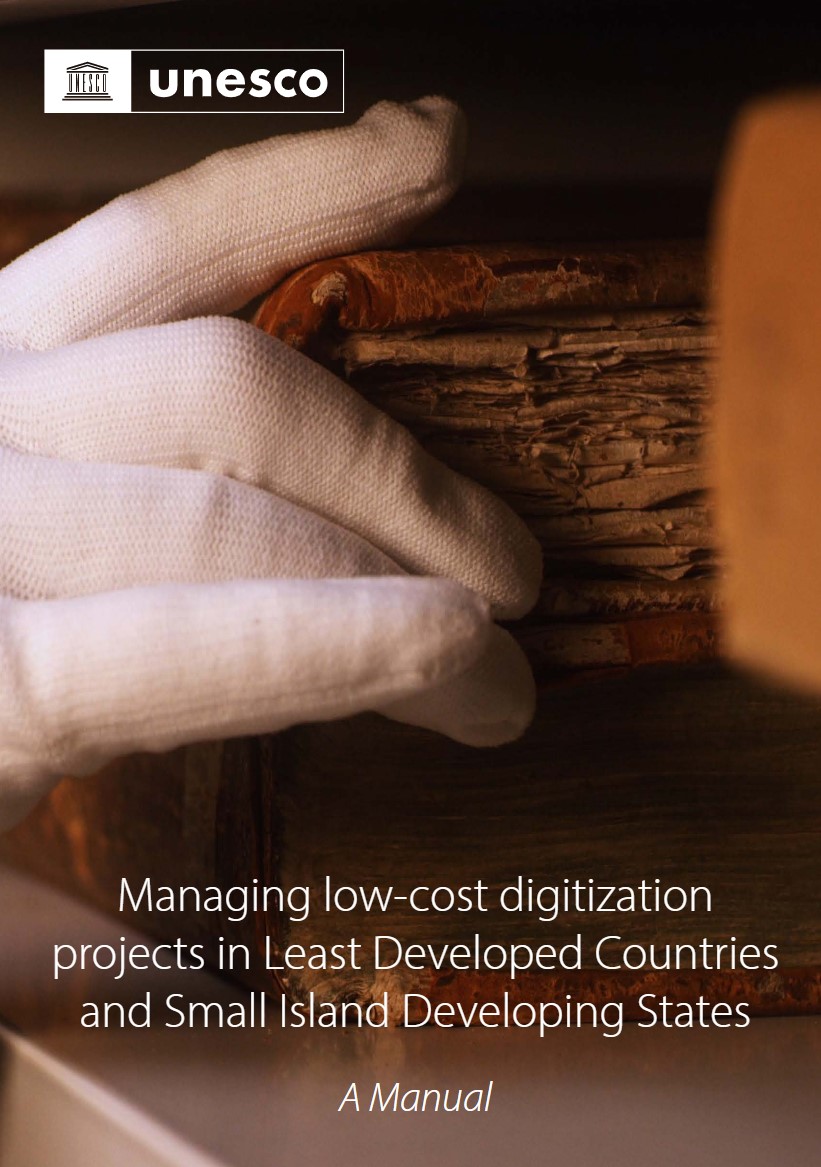10 January 2022
UNESCO launched the Memory of the World (MoW ) Programme in 1992 to protect against collective amnesia and to call for the preservation of the valuable archive holdings and library collections all over the world, with a view to ensuring their wide dissemination.
Digitization of documentary heritage is an essential pillar of achieving the aim of the MoW Programme. In particular, the demand for the digitization of documentary heritage is on the rise in the wake of coronavirus disease (COVID-19), which has resulted in suspended and more limited access to documentary heritage across the globe.However, the digitization of documentary heritage requires a large budget, digitization policy and trained personnel. These requirements are a burden for the Least Developed Countries (LDCs) and Small Island Developing States (SIDS), even though these countries agree on the need for digitization.Against this backdrop, the MoW Programme has decided to publish ‘Managing low-cost digitization projects in Least Developed Countries and Small Island Developing States: a Manual’, to contribute towards the digitization of documentary heritage within poorer memory institutions. In particular, the Manual seeks to:- Provide LDCs and SIDS with state-of-the-art information on how to manage low-cost digitization projects by sharing practice-oriented guidelines along with international context for digitization and framing the process within their own unique contexts.
- Highlight technical resources for managing low-cost digitization projects such as examples of low-cost digitization projects, affordable technologies and so forth.
- Give advice on available funding opportunities for digitization projects and encourage LDCs and SIDS to build a network with other memory institutions that have digitized their documentary heritage.
Open the full text here.
Permanent link: http://en.unesco.kz/managing-low-cost-digitization-projects-in-least-developed-countries-and-small-island
